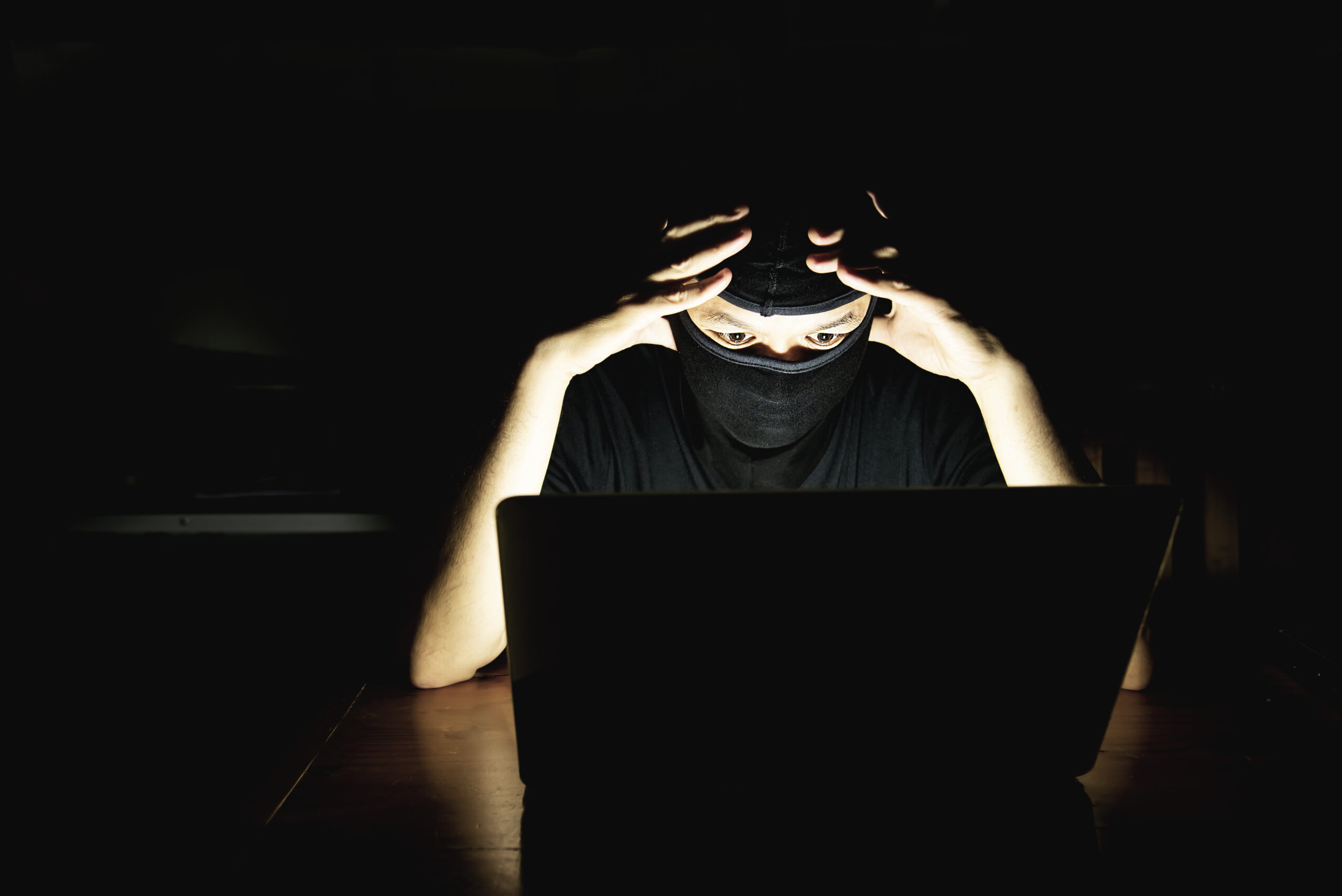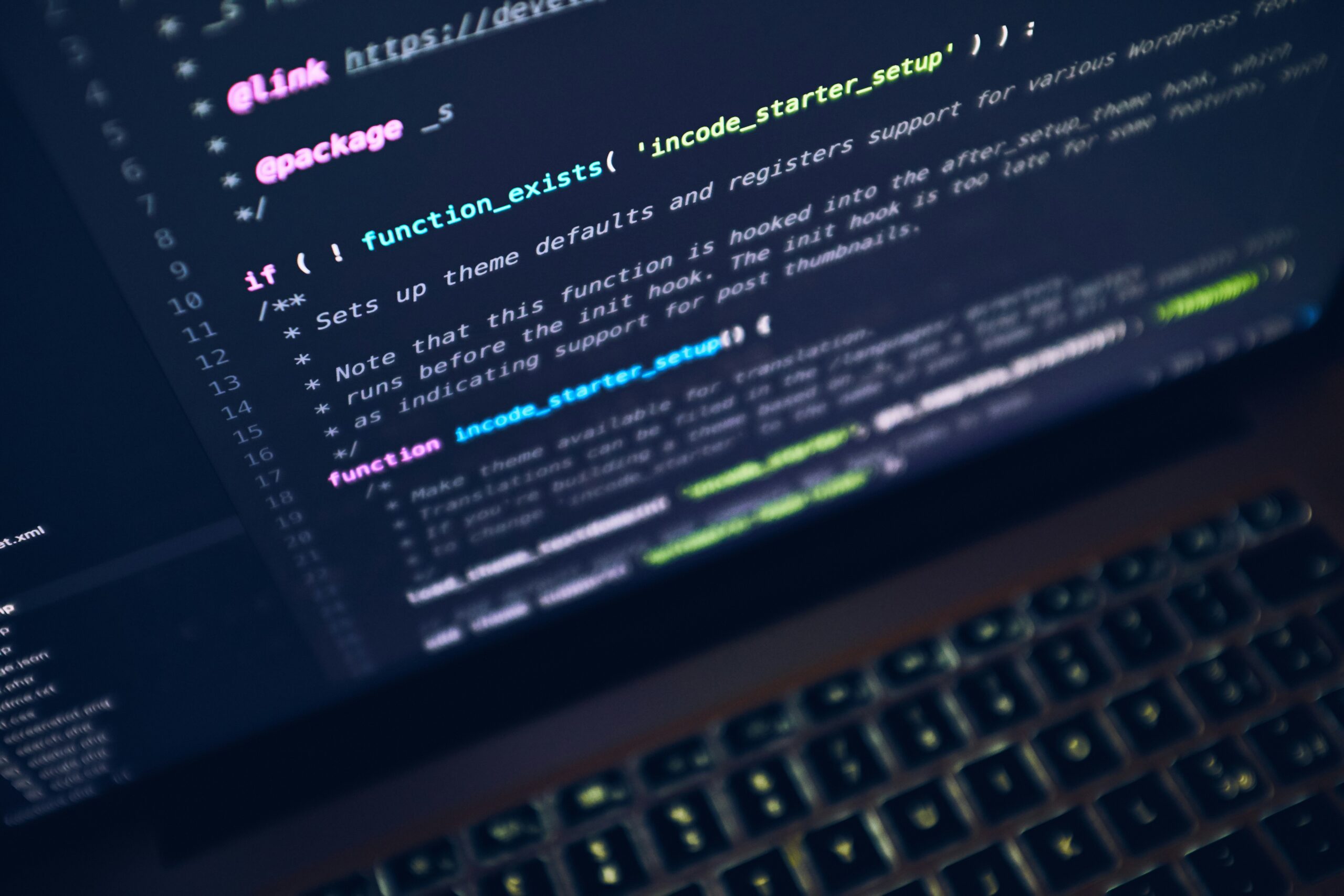Internet Blackout: Internet shut-downs in Bangladesh have lately become cause for alarm, with citizens, rights bodies and inter-national community showing concern. These incidences could be because of political unrest, threats of security or even electioneering that leads to the denial of information and digital communication in large quantity. These Blackouts have wide-spread impact ranging from the economy, Education and translating to as far as violation of basic fundamental rights like freedom of speech and access to information.
The following blog goes into the reasons why Bangladesh has experienced internet shutdowns, who has suffered from these blackouts at a socio-economic level and how this will determine its digital future.
What Is an Internet Blackout?
This is when governments or authorities restrict access to the Internet by deliberately ordering an Internet blackout. This advertisement may be nationwide or in local areas and can last from a few hours to several days, and even weeks These blackouts range from full digital media jammers that shut down both mobile data and broadband services to others that simply limit access to some websites and social-media sites. While these internet blackouts are commonly justified as a necessity to maintain law and order, they bring with them much collateral damage for regular citizens, businesses and institutions who often rely too heavily on the internet in their day-to-day operations.
The Key Causes of Bangladesh Internet Blackouts
The immediate reason why internet outages in Bangladesh can occur is many, but understanding these root causes will help us assess how they affect the country. Here are the main causes:
1. Political Unrest and Civil Protests
Political unrest is a prime reason for blocking the Internet in Bangladesh. Government censorship on the information superhighway prevents protests, civil disobediences and political demonstrations. At times of heightened political hostility, like at election times or during nationwide protests, these blackouts are often justified by the authorities as aimed to halt wacky gossip or fake news or social media-fueled violence from spreading.
2. National Security Concerns
Security reason — National security is another common cause which leads to internet blackouts in Bangladesh. Fear not, as internet restriction may be imposed by the government in serious public safety cases => when there is a terrorist attack and necessities out (free market!), or too much violence. The relevant government agencies do so in order to limit various ways of communication, ultimately with the purpose of making it less possible for violent activities to be organized or harmful content could be circulated.
Now, those blackouts, understandably raise questions about who they serve and whether the public interest is being served or if power brokers are just trying to exert their will.
3. Censorship of Information
In the government obstructing websites, censorship has been a significant factor in the regular internet blackouts in Bangladesh. Access to certain sites, especially social media platforms such as Facebook, Twitter or YouTube may be prohibited by the government in order to avoid sensitive, inflammatory and/or subversive material. Blackouts are usually a method to control the narrative and quash criticism from opposition politicians or activists.
There are instances that particular internet services or applications can be shut down in specific regions where protests or other contentious events have been taking place. The company says it does this to prevent people from spreading video footage or live streams that violate its policies and could lead to more unrest.
4. Technical Failures and Cybersecurity Issues
Sometimes the Bangladesh internet blackouts are not an act of government. Others are the result of technical failures like broken fiber-optic cables, server problems or natural disasters which disturb the infrastructure of the internet. Also, the hacking of critical communications systems and cybersecurity breaches may lead to accidental shutdowns of the internet.
That said, such events tend to be sporadic in nature and are frequently fixed shortly after discovery, unlike state-imposed blackouts which may persist indefinitely.
The Impact of Internet Blackouts in Bangladesh
The Internet blackout of Bangladesh have a long-term impact in the society and for social studies? The main side effects are the following:
1. Economic Consequences
The economy is one of the earliest casualties of internet blackouts. And because many business transactions, communications and customer touchpoints happen online in the digital world, access to the internet is quite instrumental for a large number of businesses as well. Millions of dollars in revenue are also lost by e-commerce platforms, fintech companies, freelancers and online marketplaces during prolonged internet outages. Disruption in digital payment systems, banking services and online shopping can also paralyse businesses and erode consumer trust.
2. Education and Digital Learning
Education: Internet blackouts have a far-reaching impact on education. Due to COVID-19 pandemic, the trend of digital education is increasing through online platforms and internet connection plays a major role for students as well as teachers. An internet blackout disconnects students from their online learning resources, virtual classrooms, and most importantly all means of communication with teachers and peers.
The disruptions due to this have hampered academic improvement and further increased the gap in education, especially for those in rural or under developed areas solely dependent on the internet for learning. These frequent disruptions can set back the country which is much needed to make a Digital Bangladesh.
3. Impact on Communication and Social Connectivity
The Internet is a link for communication between millions of people in Bangladesh with their family and friends either locally or from abroad. When the power goes out, connectivity is reduced to a minimum as no one can own his or her problems anymore.
For those in rural or remote areas, the blackout could mean missing out on critical information—including news updates, weather warnings and emergency services. In times of crisis such as the recent wildfires, flooding or power outages due to natural disasters are also experienced in remote Napa and Sonoma counties by many residents who do not have internet connectivity resulting in no timely information about what they face.
4. Threat to Freedom of Expression
The main, and subject of concern impact, is on freedom of speech that got infringed due to these internet blackouts. The government has limited what citizens can say, organize protests or find independent news sources by restricting use of the internet. Rather, it inhibits the free flow of information and muzzles political dissent.
Although the government has repeatedly defended this post-midnight blocking as essential for peace, rights campaigners say it breaches basic human rights, including freedom of speech.
5. Hampering Technological Progress
The widespread promotion of internet blackouts can create major long-term damage on the development of technology in Bangladesh. The nation hopes to establish itself as Southeast Asia’s top digital economy, but its reputation is not helped by unreliable internet — meaning that regional tech companies may think twice about committing their capital. It makes it impossible for startups to scale up and innovate in the digital space.
These blackouts also limit growth and innovation for Bangladesh’s critical young digital transformation workforce.
Bangladesh’s Response to Internet Blackouts
The frequency of the internet blackout in Bangladesh has rapidly increased, still there is a hope that the problem will be tackled soon. Local and international advocacy groups have demanded more transparency in the decision-making system of blackouts. They claim shutdowns should be avoided except as a last alternative and just when concerns for public health are not, in fact, trumped up.
Other measures are turning to fortifying the nation’s digital infrastructure, in an effort to safeguard it from disruptions by technical failure or hacking. Also, I feel we are heading into an era, where more and more people are talking about establishing a set of regulatory principles in terms of how internet shutdowns can be actually implemented with some care for citizens rights.
Conclusion: The Path Forward for Bangladesh
The problem of internet blackout is still a challenge in the journey to transform Bangladesh into a digital country. Officials may justify these shutdowns as the only means by which law and order can be maintained but the resulting consequences for the economy, education and freedom of speech certainly can’t go unseen. Millions are impacted by the loss of connectivity in these blackouts, which can stop businesses from making money and prevent students access to learning materials.
In order for the Bangladeshi dream of embracing a “Digital Bangladesh” to become a reality, it is essential that the regime find an equilibrium between securing its online realm and facilitating access into this global domain without infringement on the rights of ordinary Bangladeshi citizens. Although greater transparency in international tech policies, regulatory reform and investment in a resilient digital infrastructure should secure its future while ensuring growth and social welfare in the digital age.



